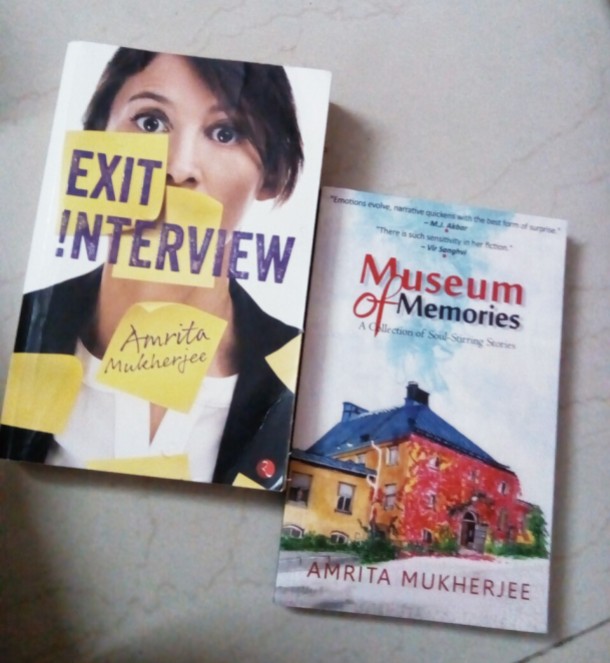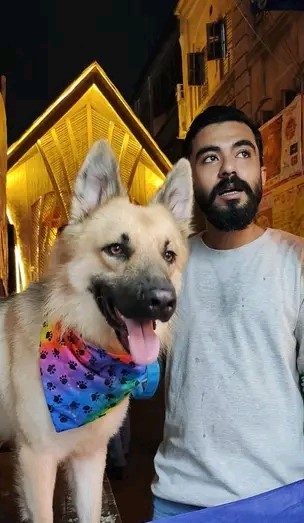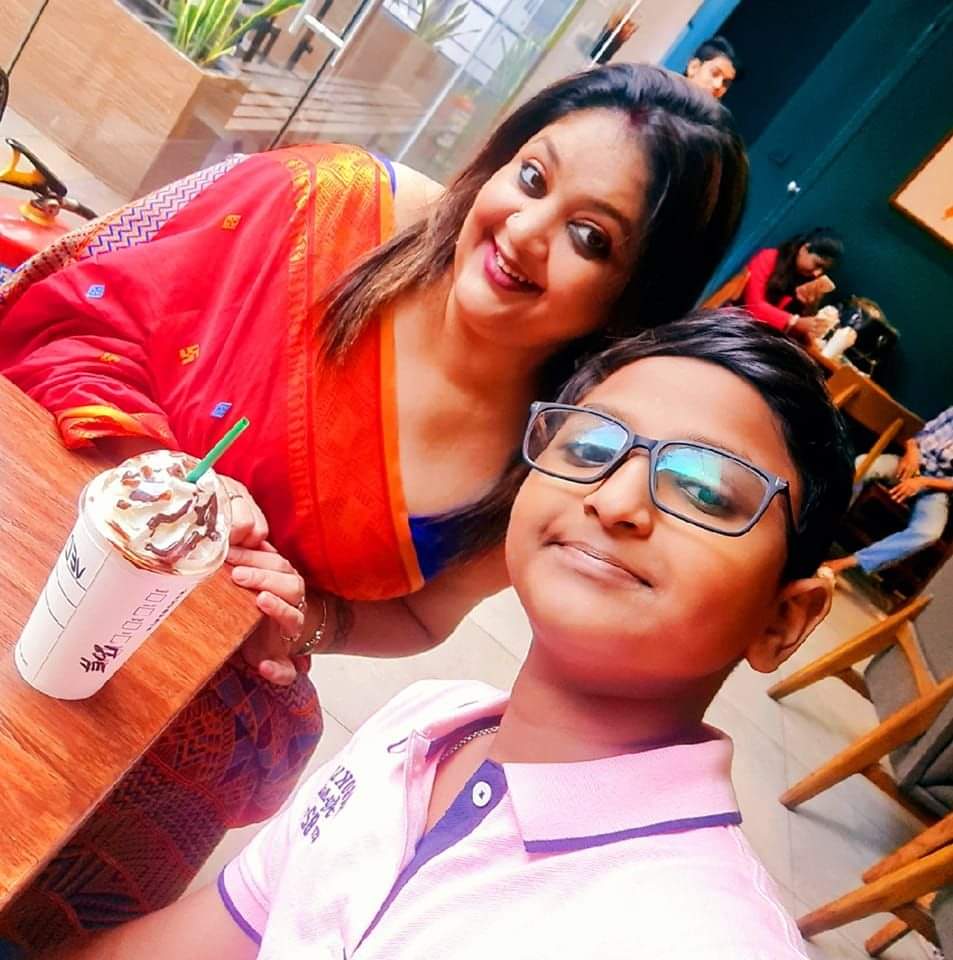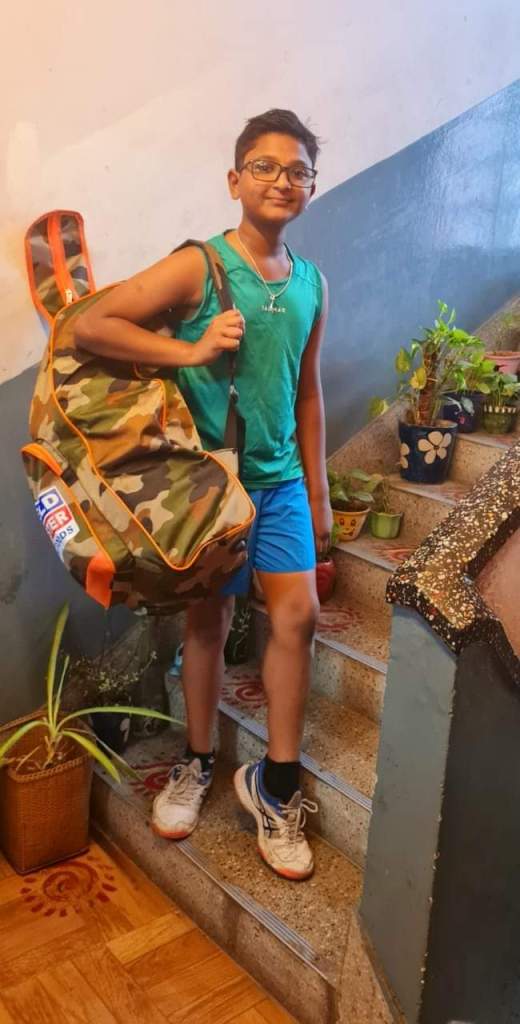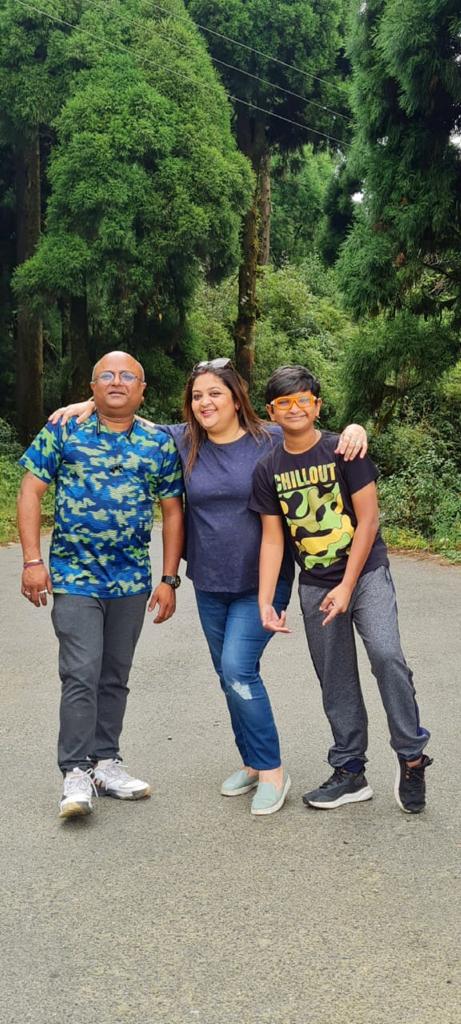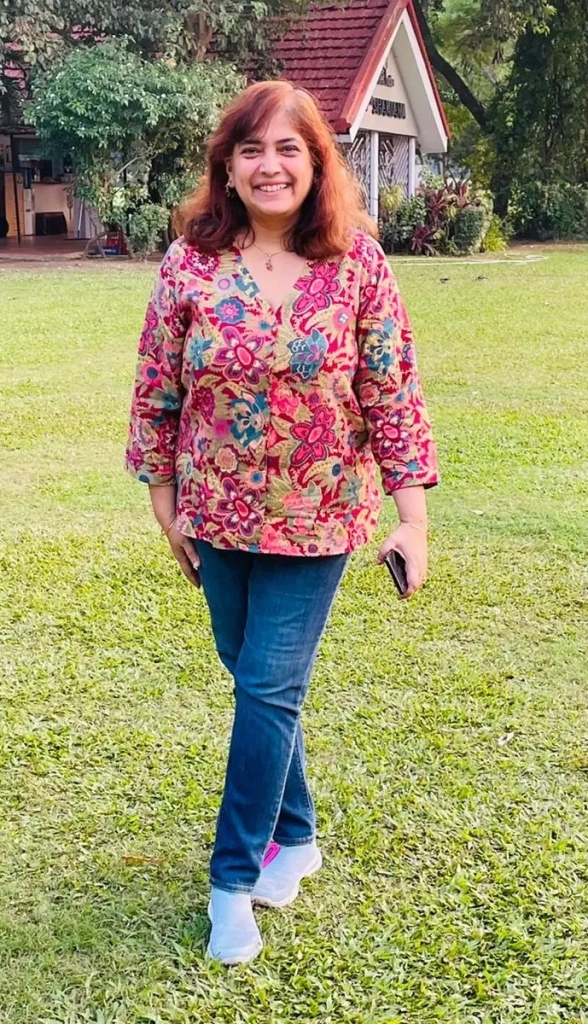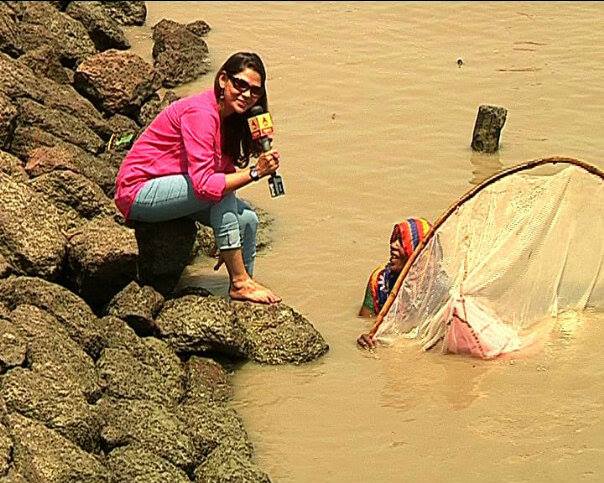
Picture from the internet
Rape, molestation, domestic violence, sexual harassment in the workplace – women have finally come forward to tell their stories. But some stories are never told. Not many men would discuss how their wives harassed them, how they were slapped with the wife-beater tag for no fault of theirs, and how they had to fight the stigma of being jailed for something they hadn’t done. Misuse of Section 498A of the Indian Penal Code, which is meant to protect a woman from cruelty by her husband and relatives, have landed so many innocent men in trouble that 498A has been branded as a section used for “legal terrorism”.
Aarav (not his real name) agreed to speak about what he went through. He had no issues giving his name and picture for this blog but that would mean giving away his ex-wife’s identity, something he didn’t want.
Aarav’s story is spine-chilling. He was like any of us, holding a well-paying 9-5 job, had his share of differences of opinion with his wife but never thought they would part ways and never thought that his life would turn topsy-turvy on a dark, rainy evening.
Over to Aarav:
No food for two days
Those eyes….I still remember them
I still remember his eyes. They were very dull if you looked at them. But there was a strange sparkle in those pupils, something that you would never miss.
So far as I remember, his name was Sanatan. I really felt scared when I saw him watching me at first — when I was huddled in a corner along with thugs, rapists, thieves and killers. I saw him watching me when these people were running their hands all over my body trying to figure out if I had any money hidden anywhere in my clothes. Some would squeeze my private part hard and look at me for a possible reaction. I had none. I hadn’t eaten for two days and I was not allowed water more than two times a day for the past two days.
A drastic thing happened
I was in a daze and unable to react. My body was aching. All I remembered was that it was raining heavily. It was a typically heavy rainy day in Kolkata with gusts of cold wind.
I was having a drink with a colleague — who was trying to calm me down after I had screamed at a management trainee for doing a job wrong. It was always the case. I ended up losing my cool if I saw irresponsible behaviour at the workplace. He was telling me unless something drastic happened to me, it would not change me as a person.
That ‘drastic thing’ was about to happen.
I was comfortably high after three large pegs. It started raining harder. The night was amazingly dark. I was missing my wife as usual. We had fought that morning and she had left for work in a huff. I didn’t know when I returned if she’d be home or she would still be at work.
As I came out of the pub, three burly, dark, striking looking men stopped me. I looked up at them. There were three vehicles standing in front of me. A white ambassador, a white Tata Sumo and a khaki police jeep.
The man asked me my name. He asked my dad’s name. And then my wife’s name.
I took offence to the last question. I tried to avoid a fight and just walked past them. My colleague had already started his car. As I stepped forward to walk towards his car, one man grabbed my collar and I felt something sticking to the back of my waist— it was a gun.
Then the beating started
They were cops. I remember how I was pushed and shoved inside a Tata Sumo. How it hurt when they started hitting me with their fists. They were asking all the while whether I used to beat up my wife the same way. They tore open my shirt and took my mobile away.
They told me that I had asked for dowry from my wife. They wanted to know the amount of money that I had asked from my father-in-law as dowry.
I tried to tell them that they were making a mistake. They hit me even more. The blows were specifically aimed at my back, waist and shoulders. Each time they would beat me, I would gasp for breath. It seemed the world would come crashing down on me.
The ordeal went on for about two hours. By that time, we had crossed the borders of the city and the vehicle stopped at a non-descript police outpost. They were supposed to ‘hide’ me there.
The guy who was beating me up had J as his initials, you can call him Jayen, that’s his pet name. Jayen was a tall policeman, about six feet, with a protruding gut and a thick moustache. Jayen was stark drunk and he was beating me up almost mechanically…he did that every day.
It was time to sign some papers. I didn’t want to.
They played statue
I was asked to sit on a bench. I asked Jayen and his colleagues whether I could go to the washroom. They said unless I signed the papers I woudn’t be allowed to move.
I didn’t understand them at first. ‘Don’t move’ in their terms meant DON’T MOVE. You can’t move a single limb. Not even tilt your head from side-to-side. Try doing that for 10 minutes. You will understand what I mean.
After an hour of playing ‘statue’, I made my first move. I had to. I was almost losing my consciousness, I was almost peeing in my pants and my lungs were dying to scream out.
‘Sorry you are not allowed to talk. Be still’— Jayen’s dark burly stinky colleague said. Jayen had left by then.
I was sitting straight for about three hours and I wanted to sleep. It was about four in the morning and I wanted to sleep.
I signed all the papers.
The cop behind me kicked me on my face as soon as I finished signing the last paper. He started mocking me as if he would kick my abdomen— he said that would make me pee in my pants.
Fear of HIV
The eyes still haunt me. It was Sanatan who had actually saved my life. He was the guy who came to me in the prison van and told me that I should not try to sleep…anywhere….
If any of the prisoners got to sodomise me, then I might contract HIV, he said. I must not sleep at any cost.
“Just keep your eyes open. Do whatever you want. Hit yourself…but stay awake. Don’t let those people take your a**.”
Sanatan was using very coarse Bengali which was difficult for me to follow. But I understood what he meant.
He then patted my back and said “Khub Koshto Hochhe?”
I didn’t cry but….
Sanatan’s story
Let me tell you Sanatan’s story now.
Sanatan’s wife committed suicide when he had gone to man his shop. His wife, Sanatan said, couldn’t digest the fact that he was developing a fondness for her sister. Sanatan said he was falling in love with his sister-in-law and he kissed her once.
Sanatan said God punished him for that kiss.
His wife committed suicide. She slit the vein on her wrist and jumped into the nearby pond. The police booked him for harassing his wife for dowry and driving her to death. Charged under ‘Abetment to suicide’ meant Sanatan would not have got bail from the court. The ‘wife torture’ law ensured that Sanatan would be in jail for at least a month. Without trial, without investigations, without any evidence — it is the only law under the IPC that says you are guilty until you are proven innocent.
Sanatan told me that I had been charged under the same clause and I should be prepared to wait for a while before I am set free.
He said when you are in jail….you should try to save yourself. It’s the survival of the toughest. The toughest bodies survive. Also, the toughest minds.
I didn’t cry.
One arm was pulled out from the shoulder joint
Back in the police station, I didn’t cry at all. The mocks and the jeers hardly made a difference. I got to pee and I was feeling very sleepy.
They let me sleep. And even showed me a bench where I was supposed to sleep.
I had slept. But a kick on my back woke me up.
I found that a rubber rod was continuously hitting me on my ankles. As I shrieked out in pain, one of the cops caught hold of my right hand and turned it from the shoulder.
Before I could scream, my shoulder had become numb. The pain was hitting me in my spine. I later understood that he had pulled my hand out of the shoulder joint. That is why it didn’t hurt there and immediately became numb. It pained terribly near the neck and spinal cord.
I can’t describe the pain. But it had one good thing about it – it was so overwhelming that it didn’t let me think about anything else.
They stuffed some dirty handkerchiefs into my mouth. They put some gunny bags on my back. They then turned me around and started hitting me on my back.
The blows rained on the gunny bags which meant that I never had a spot on my body. I felt a similar pain along my tummy.
I learnt later on that it was a hairline fracture on the last bone of my rib-cage. Five minutes of that beating seemed like five years. My senses became numb. But it was okay. I didn’t cry.
I remember a sentence but.
Rs 5000 each for the beatings
One of the guys beating me up said that they had each been paid Rs 5,000 to beat me up. They had a ‘party’ before they decided to go ahead and arrest me.
They said that it was their responsibility to beat me up since they had taken the money.
They asked me when did my wife die?
I said that she was in sound health and had gone to office that day.
They said, “Which office?”
I said the name of the company…
They had stopped beating me by then. Then they asked the constable to bring the ‘complaint book’.
They went somewhere for 10 minutes.
I guess they thought I was somebody else.
I was lifted up from the ground and placed on a wooden bench. They put some files under my head. Those files were pillows.
Tablets for pain management
I found that I had peed again in my pants. The pain was so overwhelming that it didn’t make a difference.
But now, the problem was: They stopped beating me. They even adjusted my arm back into the shoulder socket. As I screamed in pain, they offered me some chai.
They gave a handful of tablets and told me to gulp them down — they said I would feel better.
I didn’t.
The tears came
I did cry finally, in front of Sanatan, a day later inside the central jail. It was a day when they had placed a bowl of rice in front of me. Just rice and something that they called dal.
My lips and tongue burned as the dal touched my lips, probably because it had too much chilli in it. But that let me cry. I watched myself in amazement as tears rolled down my cheeks.
The medical examination said that there are no ‘visible signs of torture on my body’. But I could barely speak, couldn’t move my hands and found it difficult to sit.
But I cried.
It was a strange cry. There were no sounds, only tears rolling down my cheeks.
I knew I had survived.
But there was more to come…
(What happened to Aarav? Could he get out of jail? Could he prove his innocence? Read this post)

